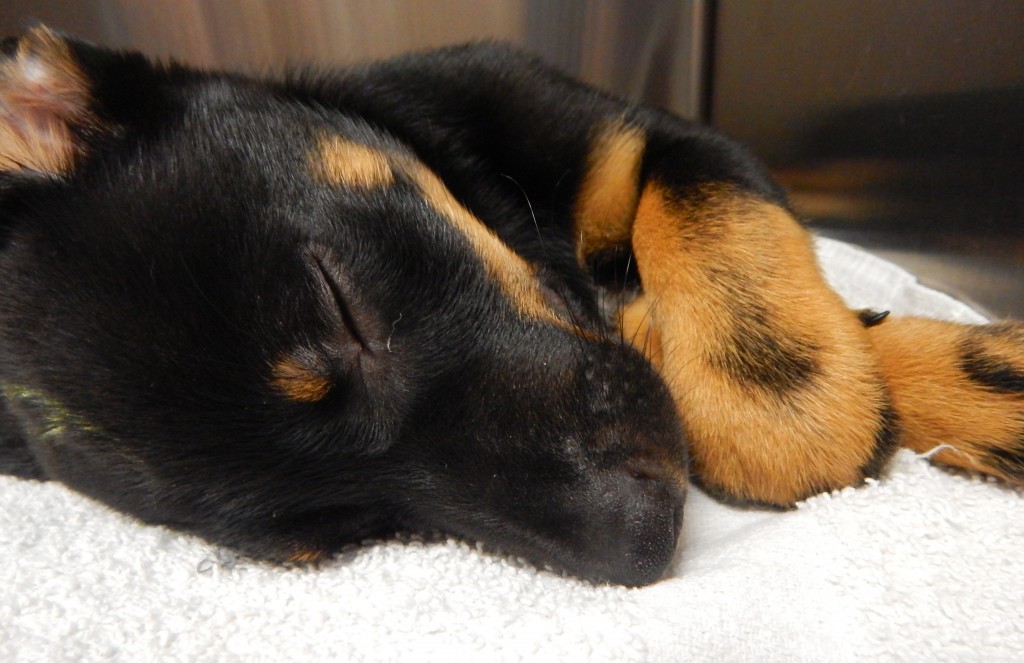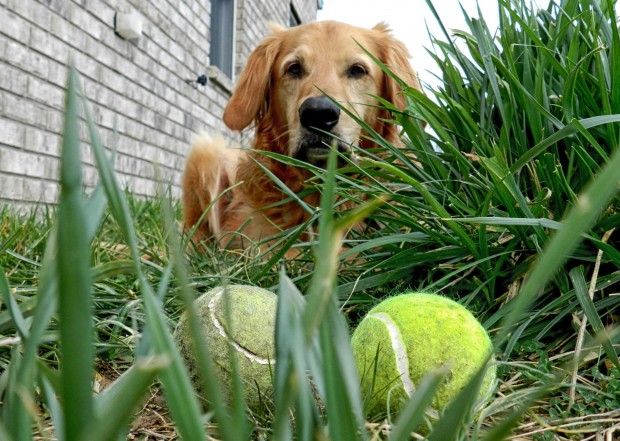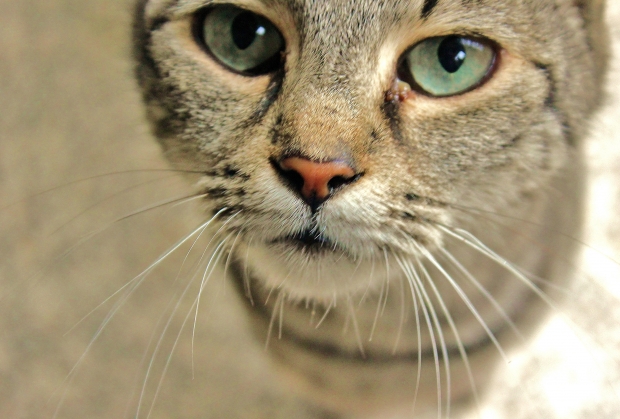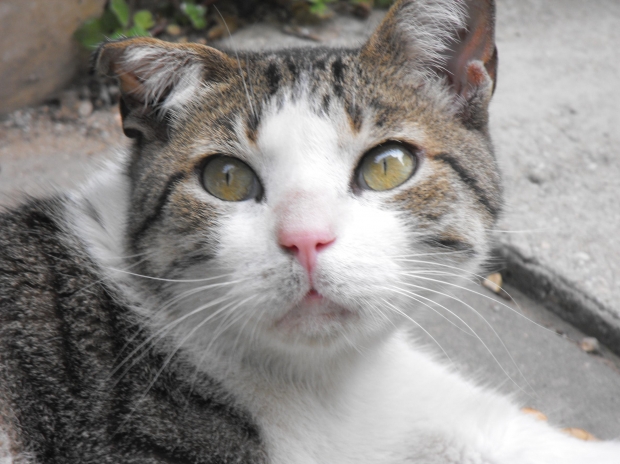Canine Influenza Recent Developments in Texas – Get Your Pet Vaccinated at All Pets Veterinary Medical Center Today!
Recently, there has been reports of Canine Influenza in Texas. This is spread from dog to dog, or by contaminated food bowls and surfaces. All Pets Veterinary Medical Center will discuss the recent developments to help you better understand what Canine Influenza is and how to protect your dog.

























